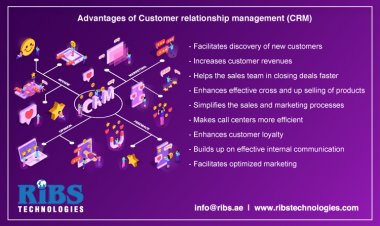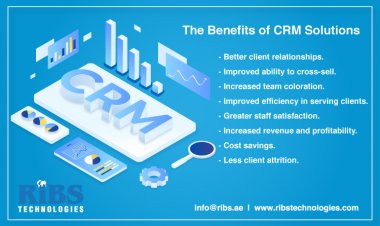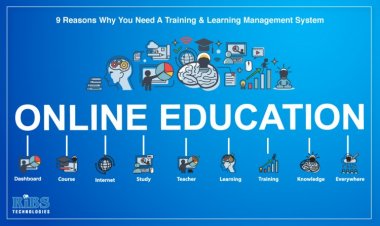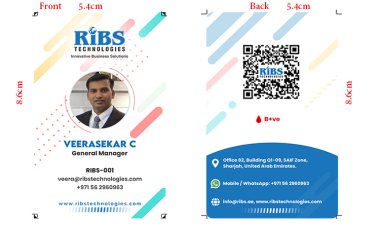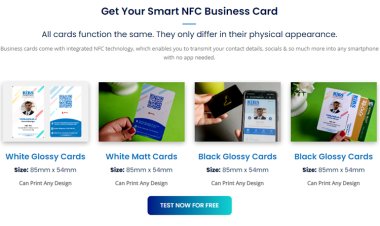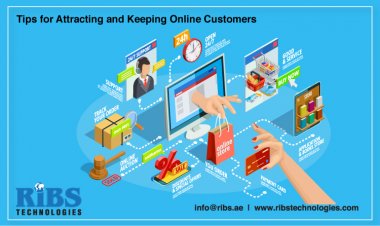The Benefits of CRM Solutions to organization, customers and market
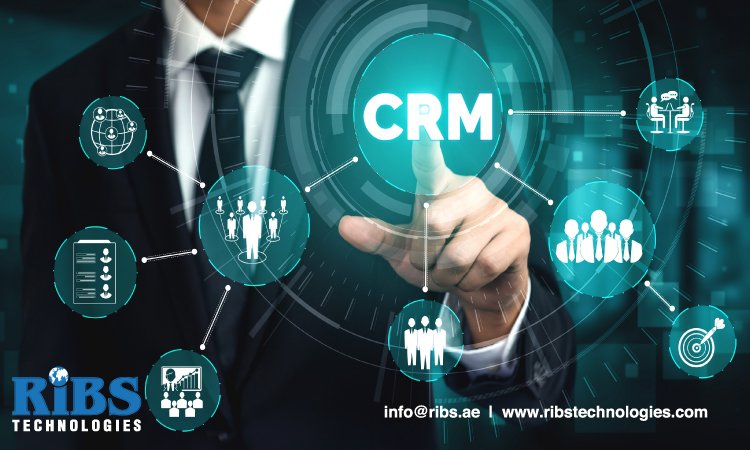
Customer Relationship Management (CRM) solutions have become essential tools for modern businesses. These systems provide a centralized platform to manage customer interactions, automate workflows, and gain valuable insights through comprehensive analytics. This article explores the myriad benefits of CRM solutions for organizations, customers, and markets, highlighting how they drive business success and customer satisfaction.
Understanding CRM Solutions
What is CRM Software?
CRM software, or Customer Relationship Management Software, is a system designed to streamline and improve interactions with current and potential customers. By managing customer data, tracking interactions, and automating processes, CRM software helps businesses enhance customer service, increase sales, and improve customer retention.
The Role of a CRM System
A CRM system integrates various business processes, ensuring efficient communication and data management across the organization. It encompasses tools for sales, marketing, customer service, and support, making it an indispensable asset for businesses of all sizes.
The Benefits of CRM Solutions to Organizations
- Improved Customer Service and Satisfaction
CRM solutions enable businesses to provide timely and personalized responses to customer inquiries. By maintaining a comprehensive record of customer interactions, companies can ensure that every customer receives high-quality service, which boosts customer satisfaction and loyalty. - Enhanced Sales and Lead Conversion
With advanced lead management features, CRM systems help businesses identify potential customers and nurture them through targeted marketing campaigns. This process significantly increases lead conversion rates and drives sales growth. - Streamlined Workflows and Operational Efficiency
CRM management software automates repetitive tasks, freeing up time for employees to focus on more strategic activities. Features like invoice management, project management, and task management ensure that business operations run smoothly and efficiently. - Better Team Collaboration
Centralized data in CRM systems enhances collaboration among team members. Everyone has access to up-to-date customer information, which fosters seamless communication and coordination across departments. - Informed Decision-Making
Comprehensive reports and analytics provided by CRM software offer valuable insights into customer behavior and business performance. These insights enable businesses to make data-driven decisions that drive growth and improve overall efficiency.
The Benefits of CRM Solutions to Customers
- Personalized Customer Experience
CRM customer management tools allow businesses to personalize their interactions with customers based on their preferences and past interactions. This personalized approach enhances the customer experience and builds stronger relationships.
- Consistent and Efficient Support
A robust ticketing system within a CRM platform ensures that customer support requests are handled efficiently. Customers receive prompt and consistent responses, which enhances their satisfaction and trust in the company.
- Easy Access to Information
Customers can easily access their order history, service requests, and personal information through a user-friendly Customer Dashboard. This transparency builds trust and empowers customers to manage their interactions with the business.
- Timely and Relevant Communication
CRM systems enable businesses to send targeted communications to customers based on their interests and behaviors. This relevance increases the effectiveness of marketing campaigns and keeps customers engaged.
The Benefits of CRM Solutions to the Market
- Competitive Advantage
Businesses using CRM systems gain a competitive edge by offering superior customer service and personalized experiences. These advantages help attract and retain customers, which is crucial in a competitive market.
- Market Insights
CRM analytics provide deep insights into market trends and customer preferences. Businesses can use this information to adapt their strategies, meet market demands, and stay ahead of competitors.
- Enhanced Customer Retention
By managing and nurturing customer relationships effectively, businesses can increase customer retention. Loyal customers are more likely to make repeat purchases and recommend the business to others, driving growth and profitability. - Scalable Solutions for Growing Businesses
CRM systems are designed to scale with businesses. Whether a small startup or a large enterprise, CRM solutions can be customized to meet specific needs, ensuring that businesses can continue to grow without outgrowing their software.
Comprehensive Features of CRM Solutions
- Contact Management
Manage customer details efficiently, create multiple contact points, and set permissions for secure access.
- Invoice Management
Generate professional invoices, track expenses, and process payments online through popular gateways.
- Project Management
Track project timelines, bill clients efficiently, and ensure timely completion of tasks.
- Lead Management
Capture leads from various channels, nurture them effectively, and convert them into paying customers.
- Analytics and Reporting
Gain insights into customer interactions and business performance through comprehensive reports and analytics. - Mobile Accessibility
Access your CRM system from anywhere, anytime, on any device with a mobile responsive design.
Conclusion
CRM solutions from RIBS Technologies offer a comprehensive approach to managing customer relationships, improving operational efficiency, and driving business growth. By integrating advanced features and offering exceptional customer support, RIBS Technologies' CRM software is designed to meet the diverse needs of businesses across various industries.
Contact us for a tailored consultation to align CRM software with your business goals. Reach out to RIBS Technologies.


 RIbsadmin
RIbsadmin 








